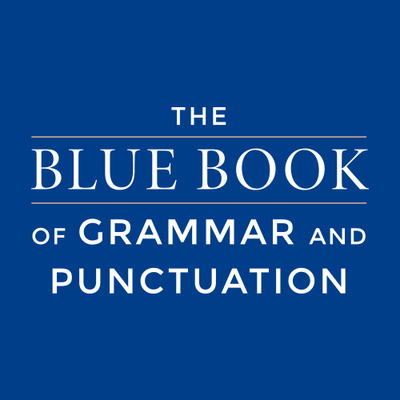Originally posted by Roslynmuse
View Post
(My English apostrophe problem reappears; Sibelius' or Sibelius's? Also "oneself" or "one's self", which seems the more logical.)


Comment